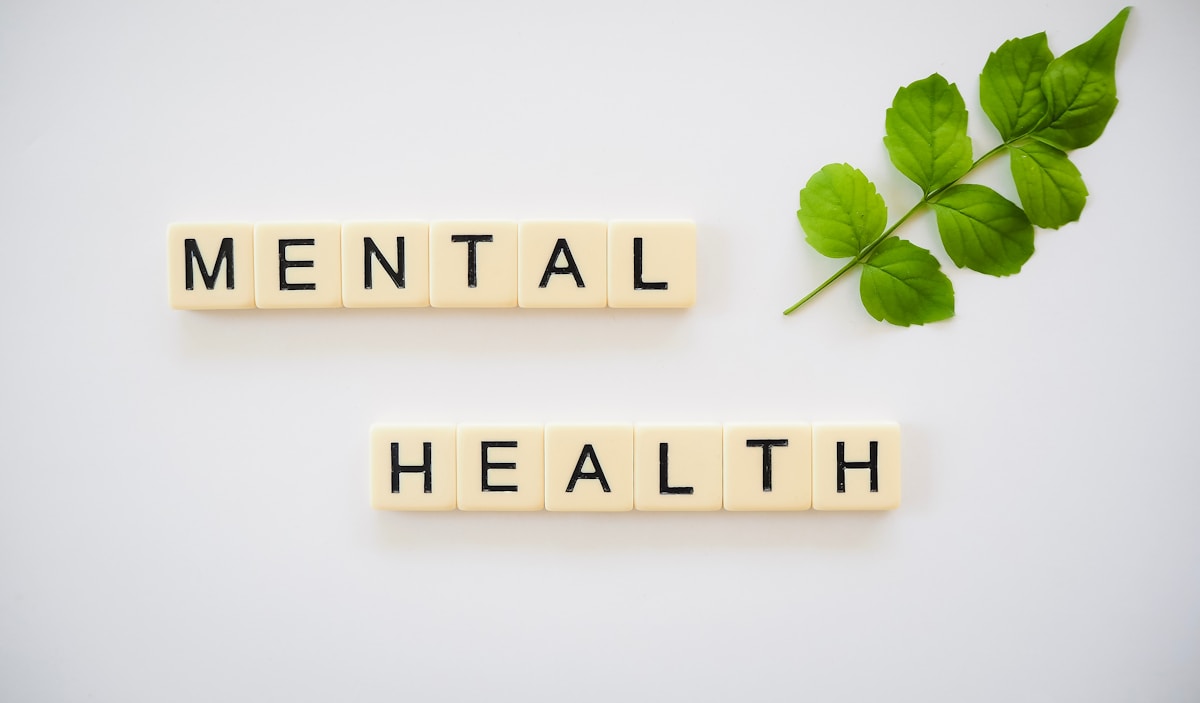Grief is a natural, complex response to loss. It encompasses a wide range of emotions and reactions, not only stemming from the death of a loved one but also from the loss of relationships, health, or a sense of normalcy. It can manifest in various forms – sadness, anger, guilt, or even numbness, impacting each individual differently.
Isolation, on the other hand, is the feeling of being separated from others. This can be a physical separation, like being away from family or community, or an emotional one, where one feels disconnected even in the presence of others. While often accompanying grief, isolation can also arise independently due to life’s varied circumstances.

As the holiday season approaches, with its inherent joy, family gatherings, and celebrations, these feelings can become more intense. The contrast between societal expectations of happiness and one's personal experiences of grief and isolation can be stark. This time of year can amplify the sadness and sense of loss, making the absence of a loved one or past traditions more pronounced. The societal pressure to appear happy and social can add stress, leading to feelings of inadequacy or alienation. Moreover, holidays often bring up memories of past celebrations with those no longer present, serving as painful reminders of loss.
Dealing with these intense emotions requires compassion towards oneself and an understanding of one’s unique grieving process. Acknowledging your feelings without judgment is crucial. It’s okay to not feel festive or joyful; recognizing and accepting your emotions is a vital step in coping with them. Creating new traditions can also be a part of the healing process. While it’s important to honor past traditions, finding new ways to find peace or joy, such as lighting a candle in memory of a loved one or starting a new holiday activity, can provide comfort.
Seeking support is equally important. Connecting with friends, family, or support groups who understand your experience can be incredibly beneficial. In cases where grief or isolation feels overwhelming, consulting a mental health professional can provide not only strategies to manage these emotions but also a supportive space to express and understand them.
Remember, experiencing grief and isolation, especially during the emotionally charged holiday season, has no right or wrong way. What’s most important is taking care of yourself and seeking the support you need.
Mental health is a crucial aspect of our overall well-being, yet it is often overlooked or stigmatized. Seeking mental health support and joining groups like grief groups, depression groups, and organizations like the National Alliance on Mental Illness (NAMI) can be transformative for individuals dealing with mental health challenges.
Seeking mental health support and joining support groups are vital steps in managing mental health conditions. These resources provide professional guidance, peer support, and a sense of community, all of which are essential for healing and personal growth. Organizations like NAMI play a crucial role in advocacy, education, and providing support networks, helping to break down stigma and build a more understanding society. Remember, seeking help is a sign of strength, and embracing support is a key part of the journey towards mental wellness.